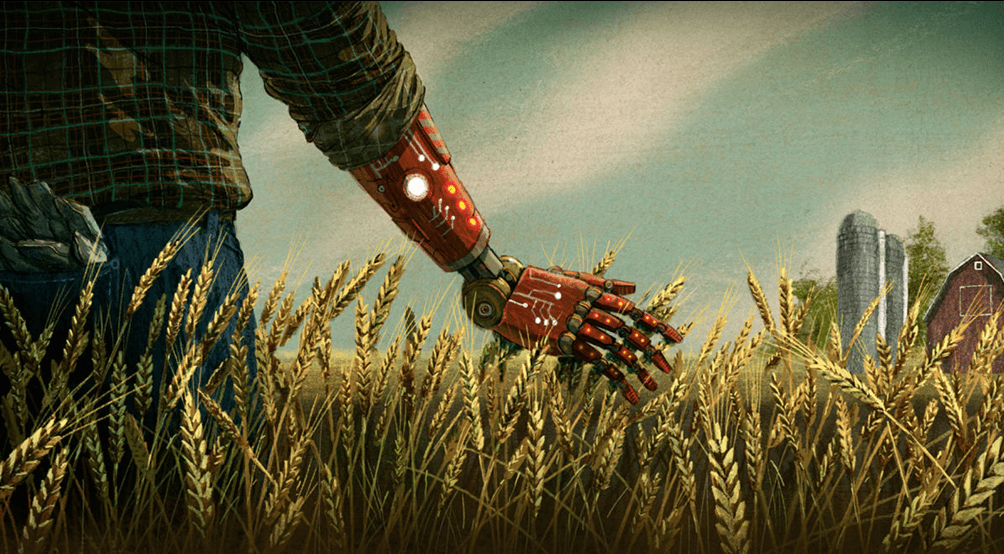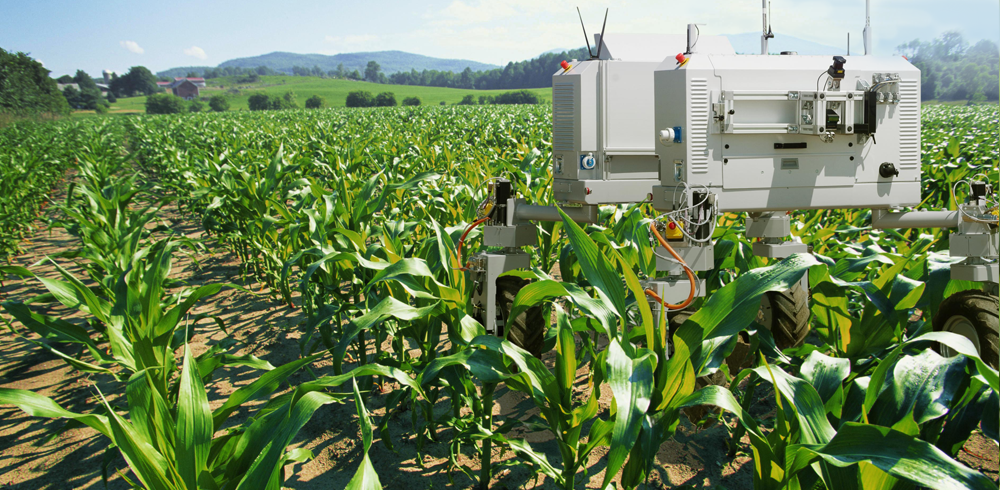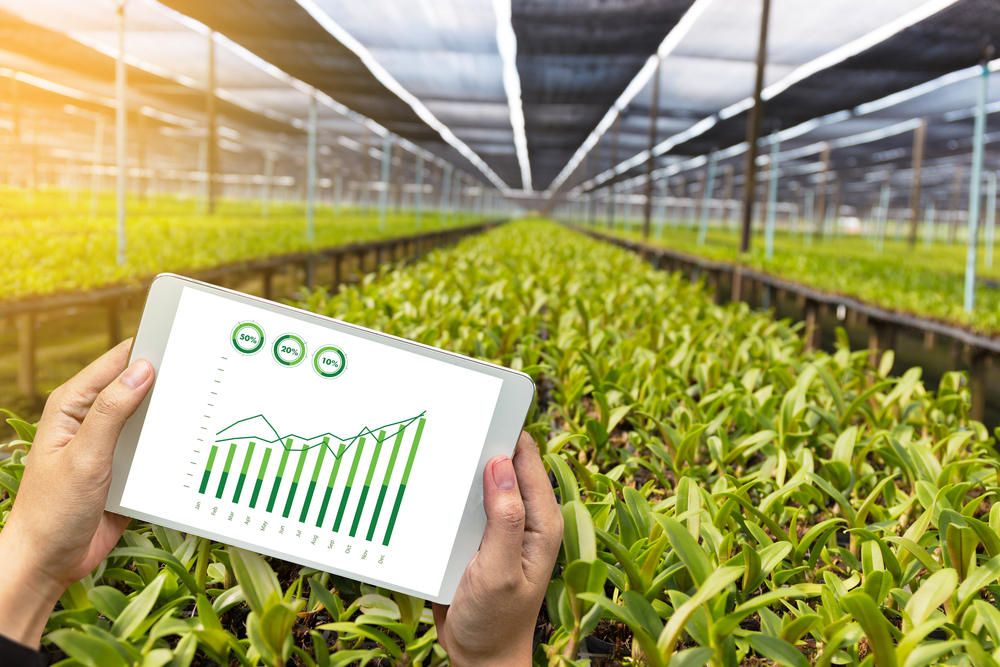
The direction in which today’s agriculture develops is not good for the environment, and all experts around the world agree on this. Simply, today’s methods applied in agriculture lead to the loss of biodiversity as well as to very dangerous nitrogen contamination. These pollutions also affect climate change on our planet, so it is necessary to change things urgently or it could be too late.
That’s why experts suggest changing current food systems in order to achieve the necessary results and make current systems sustainable. However, all suggested ways are too different from the current ones, and there is no doubt that they will have significant effects on both human and the planet on which we all live.

A technological future
There is a great desire for the farmers to rely on some traditional methods that have been used so far in agriculture. In addition, some large corporations that have their own interests in agriculture have a vision of integrating and developing an increasing number of new technologies in agriculture. This means in some ways another industrial revolution that would involve the unification of physical, biological and digital areas in order to create a sustainable system.
There is an example of “New Vision for Agriculture“, a project supported by the World Economic Forum. So, the World Economic Forum provides support to 21 countries in transforming existing food systems. In this way, the re-engineering of animals and plants will be carried out in the future. In addition, precise agriculture will be used, through which the use of pesticides and water will be significantly optimized. Thus, the future is designed so that every process in agriculture will rely on the use of new technologies and robots in order to produce synthetic foods.
Such a system will only benefit gigantic corporations that intend to establish a monopoly in agriculture that will further increase their economic and political power and influence in the world. Also, we must say that these innovations would be very harmful to the environment. Just imagine small robots flying over crops and pollinating them. You have to wonder where are the bees without which the world would be helpless at the moment.

However, the intention is that robots and new technologies will completely replace the farmers in the fields. Thus, in the future, machines will control sowing, soil preparation, pest control, harvesting, as well as all other processes that the farmer deals with.
These changes and innovations would mean that almost all traditional methods of cultivating land and agriculture will be changed in general. This means that it would take fewer people to carry out processes in the field, which would be great for capitalists. In addition, this sequence of events in the future would lead to the “financialization” of the food system on a global level. Let’s remember that the increase in buying and selling financial products related to the food industry in the year of 2008 was one of the factors that led to the food crisis in the world.
Another solution
The first solution would be very bad for both the environment and human. Fortunately, there is a more acceptable solution, which is agroecology that focuses on applying ecologically acceptable methods in order to form sustainable agroecosystems.
Unlike potential excessive inclusion of new technologies in agriculture, agroecology aims to recycle and re-use more resources in order to reduce the dependence on fossil resources that will definitely not last forever and at some point, no longer will be oil and other fossil fuels. Using circular systems would contribute to creating a cycle similar to that of nature.
For example, farming systems are intended for interacting between different plant and animal species as well as the environment. This means that it is possible to plant trees among the other plants that the farmer has in the field. In this way, it can contribute to reducing the pest as well as increase yields, but also reduce the use of technology that becomes unnecessary in such situations.
In addition to these advantages, agroecology through circular systems reduces pollution and field re-localization contributes to regeneration and system sustainability. All of these characteristics of agroecology are completely contrary to the intention to establish a monopoly and introduce new technologies in agriculture.
Debate on the future of agriculture

The United Nations Food and Agriculture Organization will soon organize a meeting in Rome to discuss the further steps that will be taken to improve agriculture. Members of the government, private sector and society will be present. It is very important that everyone presents their ideas regarding the improvement and the future of agriculture and food production because this is definitely one of the most important issues at the moment concerning human and environment.
We all have to understand that the situation is very serious and that the main question is whether we want robots to produce food and that in this way the corporation completely excludes people from the production process or we want environmentally friendly ways to help people and nature.

















